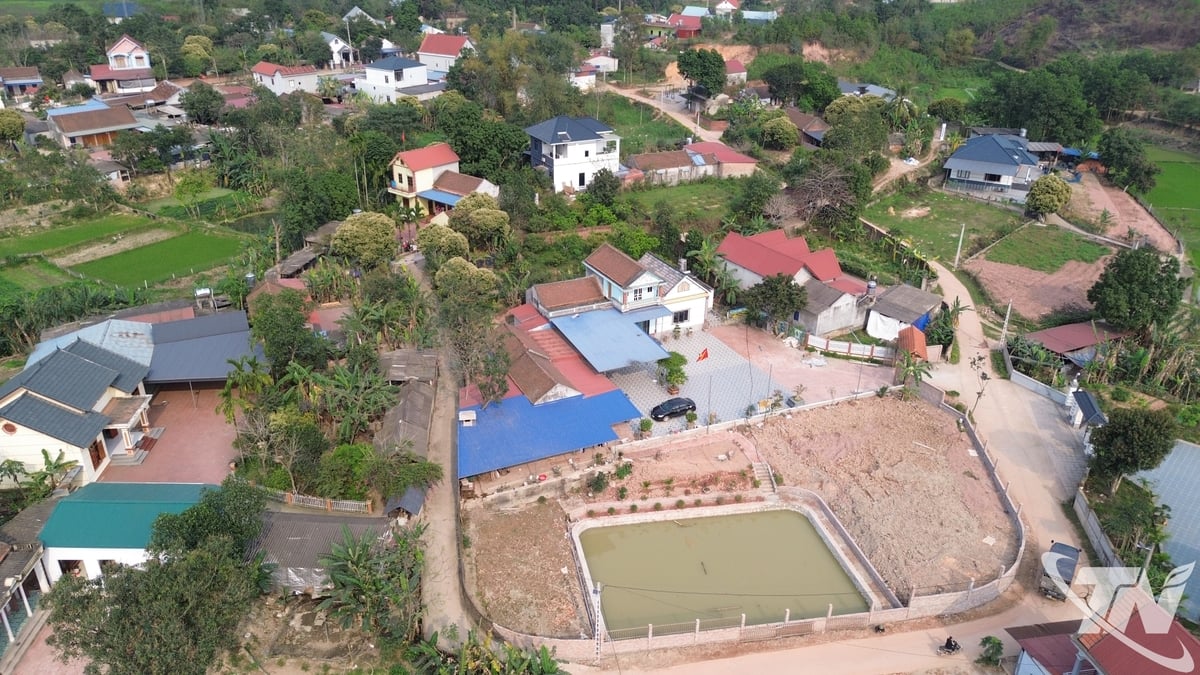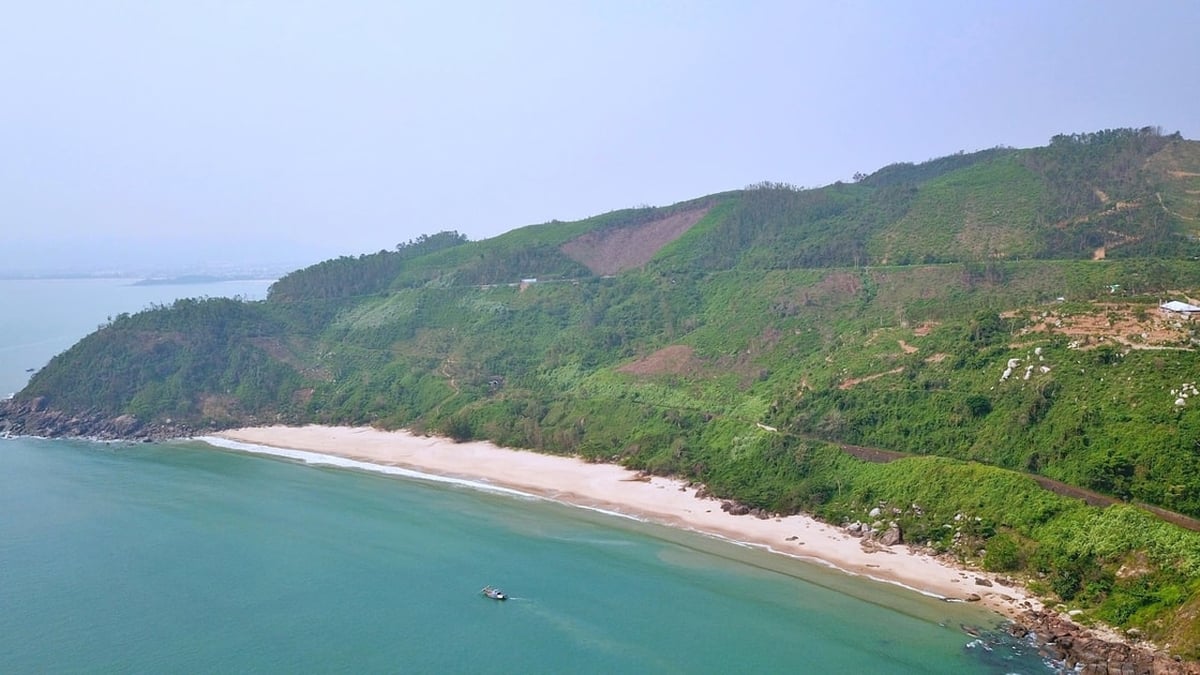
New Zealand tourists enjoy Vietnamese bread. Cuisine is one of the attractive factors of Vietnam tourism - Photo: QUANG DINH
The Travel and Tourism Development Index (TTDI) announced by the World Economic Forum (WEF) shows that Vietnam ranks 59/119 with an average score of 3.96/7 in the rankings.
Compared to the statistics of two years ago, this is a significant drop in ranking when Vietnam ranked 52/117 with an average score of 4.1/7. Thus, Vietnam's total score is 3.96, down 0.2% compared to 2019.
TTDI is an upgrade of the WEF's biennial tourism competitiveness index, based on the new context after the COVID-19 pandemic.
Covering 119 economies, the TTDI measures a set of factors and policies that enable the sustainable and resilient development of the travel and tourism (T&T) industry, thereby contributing to a country's development.
The index is based on five main groups including operating environment; policies and support conditions; infrastructure; drivers of tourism demand and finally tourism sustainability.
Going into specific indicators, the above 5 groups of indicators are divided into 17 areas such as security, safety; health and hygiene; open policy; tourism and transportation infrastructure; natural resources, culture; environmental sustainability.
This year, the weak point of Vietnam tourism is service infrastructure. With this index, Vietnam tourism only achieved 2.2 points, ranking 89/119 worldwide. This is also Vietnam's lowest score in the 5 index groups of TTDI.
Vietnam tourism has not yet created a spread
Going into specific indicators, the highest competitiveness index of Vietnam tourism is in terms of price. Travel costs are much lower than many other destinations in the region and in the world. This makes Vietnam an attractive destination for tourists with limited budgets.
This index has gained more attention since the COVID-19 pandemic, when the country's tourism has had to bear increased fuel and operating costs, as well as an imbalance between supply and demand, further impacted by geopolitical and macroeconomic factors that have caused higher overall inflation.
Notably, Vietnam’s lowest ranking index is the socio-economic impact of the tourism industry with 2.95 points, ranking 115th, near the bottom of the rankings. This index measures the economic and social impact of the industry such as contribution to the economy, providing high-income jobs, and gender equality in the workforce.
The director of a tourism business based in Ho Chi Minh City said the results also reflect that Vietnamese tourism is lacking development strategies in promoting sustainable and long-term tourism.
"Vietnam has many beautiful landscapes and rich cultural heritages, but the ability to exploit and promote tourism is still limited, leading to the industry's low spread to economic sectors and communities," he commented.
According to Mr. Phuoc Dang, CEO of Outbox Company, the index measuring the economic and social impact of tourism is very important, showing whether a country's operations and policies have truly invested in tourism or not.
Although tourism is an important industry, compared to other countries, the contribution of Vietnam's tourism to GDP is not high and has not created effective jobs. People have not yet taken advantage of tourism potential to create more economic value.
In the ASEAN bloc, Singapore is the highest ranked country, ranked 13th. Countries ranked above Vietnam include Indonesia at 22nd, Malaysia at 35th, Thailand at 47th. Vietnam is above the Philippines at 69th, Cambodia at 86th and Laos at 91st. Indonesia is the country in the region that increased 14 places, from 36th to 22nd.
Source: https://tuoitre.vn/canh-tranh-cao-ve-gia-nhung-du-lich-viet-nam-van-bi-tut-hang-20240524161257849.htm


































































































Comment (0)